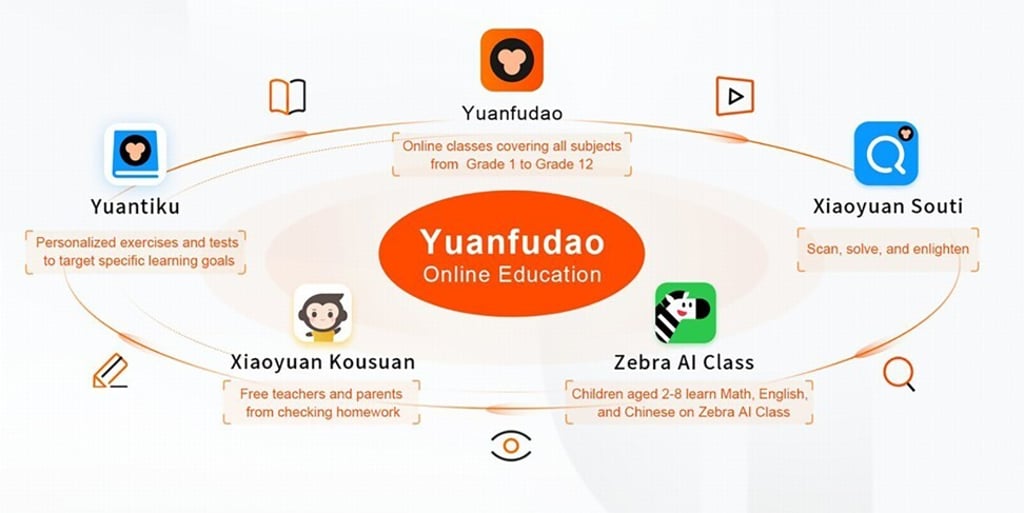Beijing’s crackdown spells tough times for Tencent-backed Yuanfudao, other off-campus tutoring providers
- Widespread speculation about lay-offs in the off-campus tutoring sector has become a trending topic on Chinese social media
- Beijing’s scrutiny of the sector comes after President Xi Jinping described the domestic market for K-12 after-school training services as a ‘social problem’

Four days before 22-year-old Emma Liu was expected to start her first full-time job as a private tutor for online classes at a Chinese start-up, the company called to notify her that work would be delayed for at least three months.
Besides disrupting her plans for the summer, Liu said the notice upended her life.
“I was ready to work and all of a sudden, I needed to look for a new job,” said Liu, a fresh graduate from a university in Xian, capital of northwest China’s Shaanxi province. “I can’t afford to wait [to start work at Zebra AI Class] and live in the city without any income.”

The stakes are high for China’s pre-college, off-campus education market. It is forecast to reach 730 billion yuan (US$112.6 billion) this year, up from 400 billion yuan in 2020, according to estimates by the National Institute for Education Sciences, consultancy Oliver Wyman and TAL Education Group.
